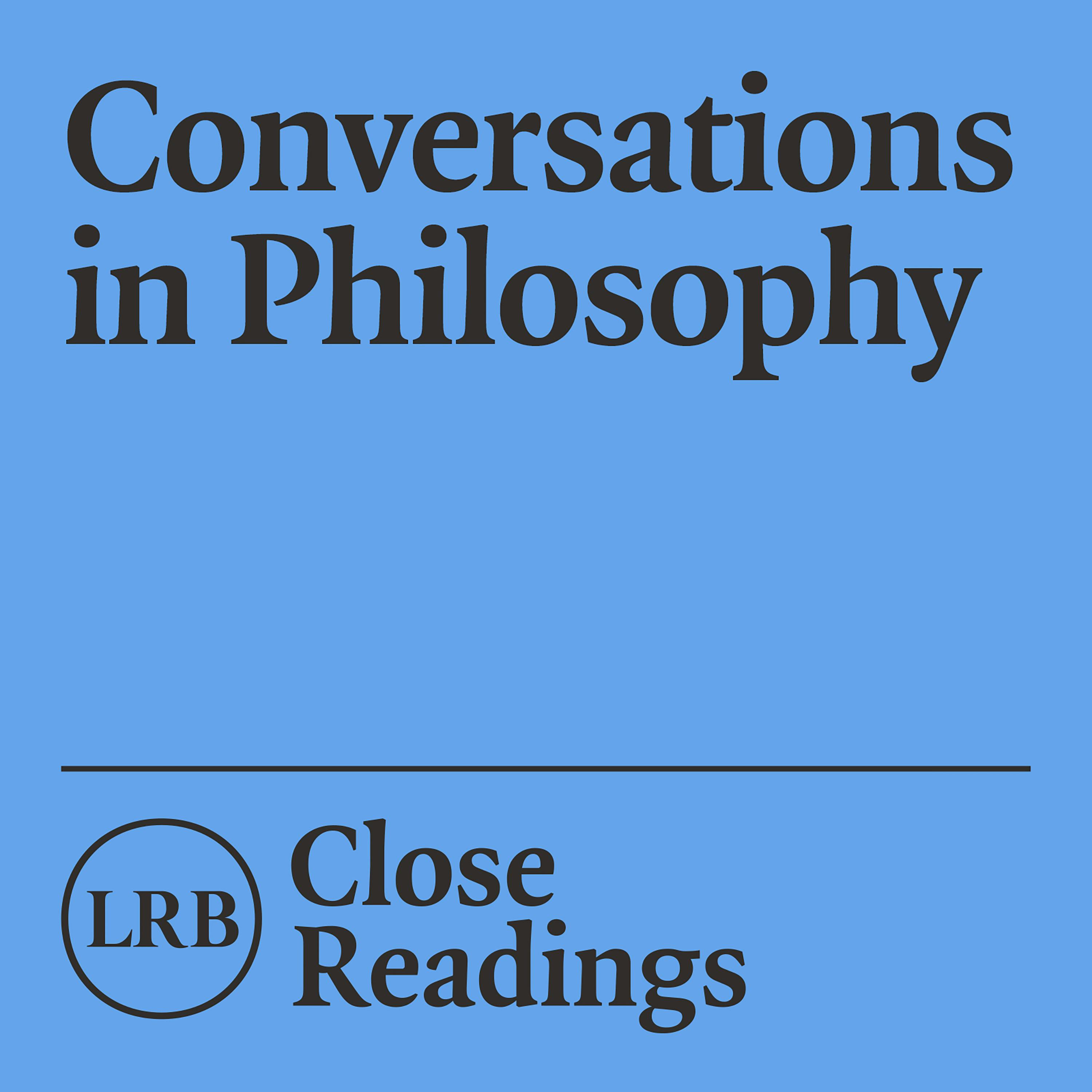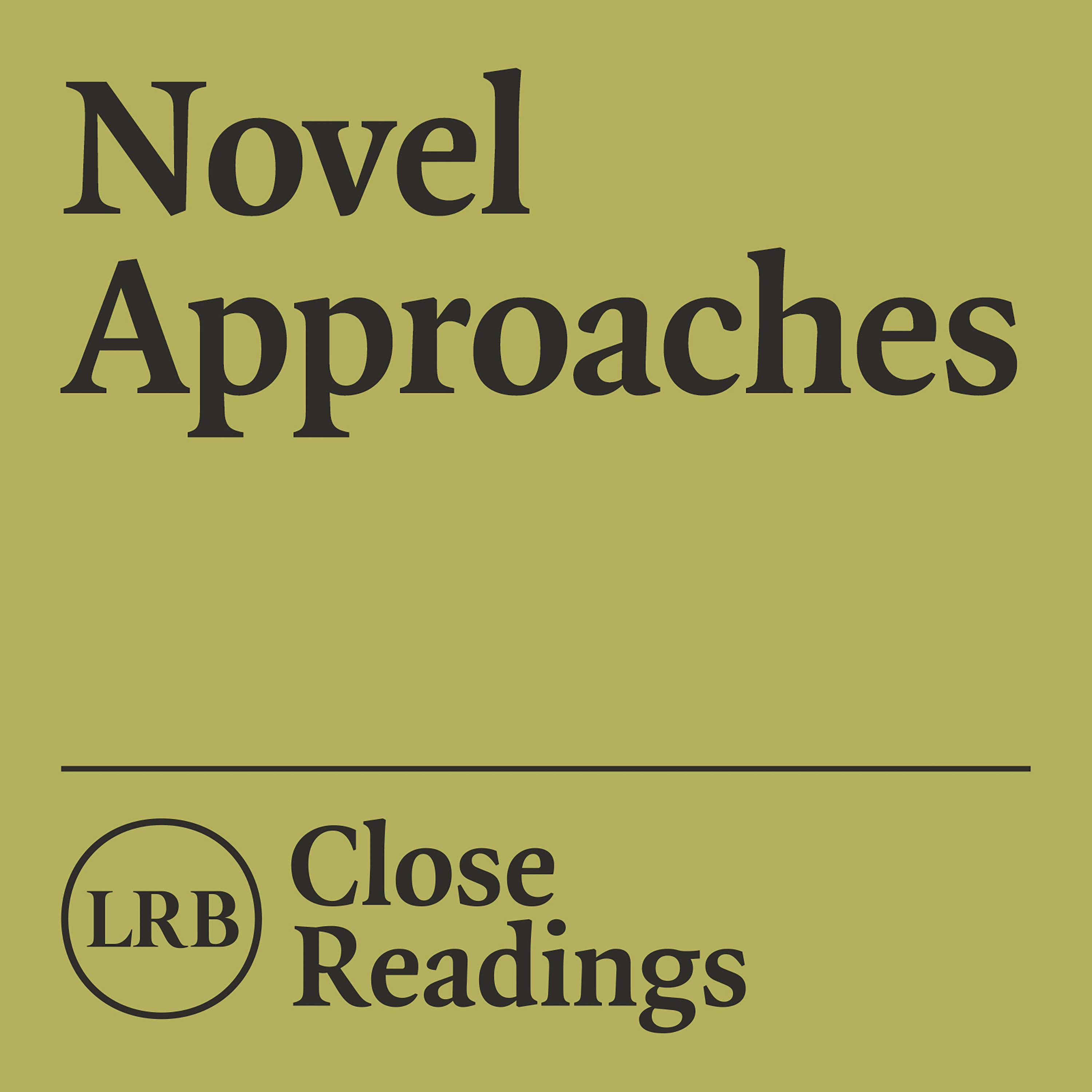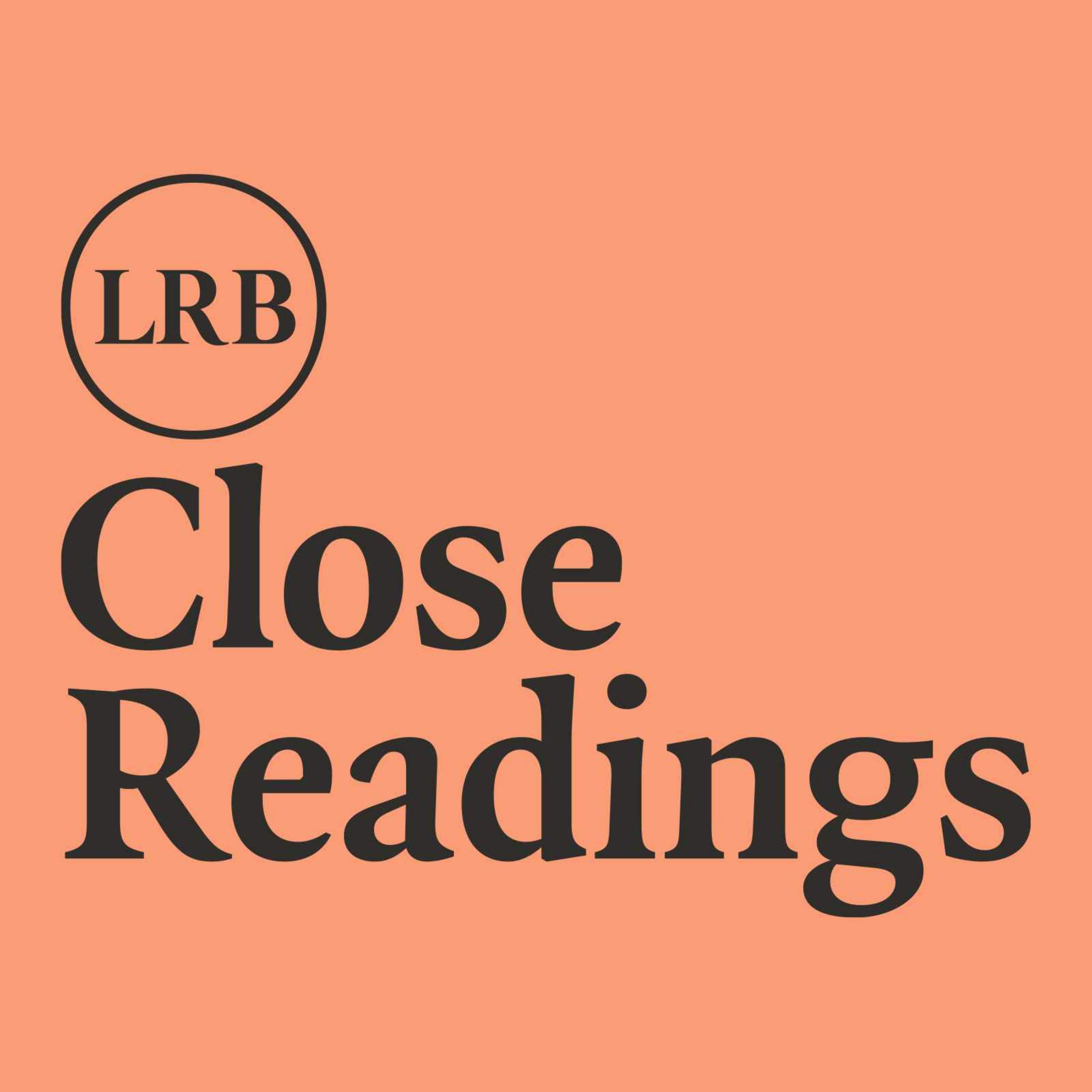Latest Episodes
Most Recent
LRB Audio
Podcasts and audiobooks from the London Review of Books.
A multi-series podcast subscription exploring different themes and periods of literature through selections of key works.
Discover the LRB’s new audiobook collections.
Our six-part series hosted by Andrew O'Hagan: listen to the full series with bonus material, including extended and additional interviews and clips.
More Episodes
T.S. Eliot claimed that he learned his prose style from reading F.H. Bradley, and the poet wrote his PhD on the English philosopher at Harvard. Bradley’s life was remarkably unremarkable, as he spent...
· 15 min 29 sec
T.S. Eliot claimed that he learned his prose style from reading F.H. Bradley, and the poet wrote his PhD on the English philosopher at Harvard. Bradley’s life was remarkably unremarkable, as he spent...
· 14 min 44 sec
Thackeray's comic masterpiece, Vanity Fair, is a Victorian novel looking back to Regency England as an object both of satire and nostalgia. Thackeray’s disdain for the Regency is present throughout th...
· 33 min 37 sec
Thackeray's comic masterpiece, Vanity Fair, is a Victorian novel looking back to Regency England as an object both of satire and nostalgia. Thackeray’s disdain for the Regency is present throughout th...
· 32 min 52 sec
The confessional poets of the mid-20th century considered themselves a ‘doomed’ generation, with a cohesive identity and destiny. Their intertwining personal lives were laid bare in their work, and Ro...
· 12 min 56 sec
The confessional poets of the mid-20th century considered themselves a ‘doomed’ generation, with a cohesive identity and destiny. Their intertwining personal lives were laid bare in their work, and Ro...
· 12 min 11 sec
Alice’s Adventures in Wonderland and Through the Looking-Glass are strange books, a testament to their author’s defiant unconventionality. Through them, Lewis Carroll transformed popular culture, our...
· 16 min 26 sec
Alice’s Adventures in Wonderland and Through the Looking-Glass are strange books, a testament to their author’s defiant unconventionality. Through them, Lewis Carroll transformed popular culture, our...
· 15 min 41 sec
Mill’s 'Autobiography' was considered too shocking to publish while he was alive. Behind his musings on many of the philosophical and political preoccupations of his time lie the confessions of a deep...
· 14 min 58 sec
Mill’s 'Autobiography' was considered too shocking to publish while he was alive. Behind his musings on many of the philosophical and political preoccupations of his time lie the confessions of a deep...
· 14 min 13 sec
When Wuthering Heights was published in December 1847, many readers didn’t know what to make of it: one reviewer called it ‘a compound of vulgar depravity and unnatural horrors’. In this episode of ‘N...
· 27 min 23 sec
When Wuthering Heights was published in December 1847, many readers didn’t know what to make of it: one reviewer called it ‘a compound of vulgar depravity and unnatural horrors’. In this episode of ‘N...
· 26 min 38 sec
Situated on the cusp of the Romantic era, Thomas Gray’s work is a mixture of impersonal Augustan abstraction and intense subjectivity. ‘Elegy Written in a Country Churchyard’ is one of the most famous...
· 16 min 6 sec
Situated on the cusp of the Romantic era, Thomas Gray’s work is a mixture of impersonal Augustan abstraction and intense subjectivity. ‘Elegy Written in a Country Churchyard’ is one of the most famous...
· 15 min 21 sec
Italo Calvino’s novella Invisible Cities is a hypnagogic reimagining of Marco Polo’s time in the court of Kublai Khan. Polo describes 55 impossible places – cities made of plumbing, free-floating, ove...
· 16 min 20 sec
Italo Calvino’s novella Invisible Cities is a hypnagogic reimagining of Marco Polo’s time in the court of Kublai Khan. Polo describes 55 impossible places – cities made of plumbing, free-floating, ove...
· 15 min 35 sec
Circular reasoning is normally condemned by philosophers, but in his 1841 essay ‘Circles’, Emerson proposes that not getting anywhere is precisely what we need to do to find out where we already are....
· 15 min 55 sec
Circular reasoning is normally condemned by philosophers, but in his 1841 essay ‘Circles’, Emerson proposes that not getting anywhere is precisely what we need to do to find out where we already are....
· 15 min 10 sec
Thomas Love Peacock didn’t want to write novels, at least not in the form they had taken in the first half of the 19th century. In Crotchet Castle he rejects the expectation that novelists should reve...
· 36 min 57 sec
Thomas Love Peacock didn’t want to write novels, at least not in the form they had taken in the first half of the 19th century. In Crotchet Castle he rejects the expectation that novelists should reve...
· 34 min 59 sec













